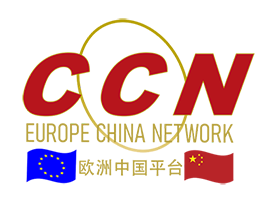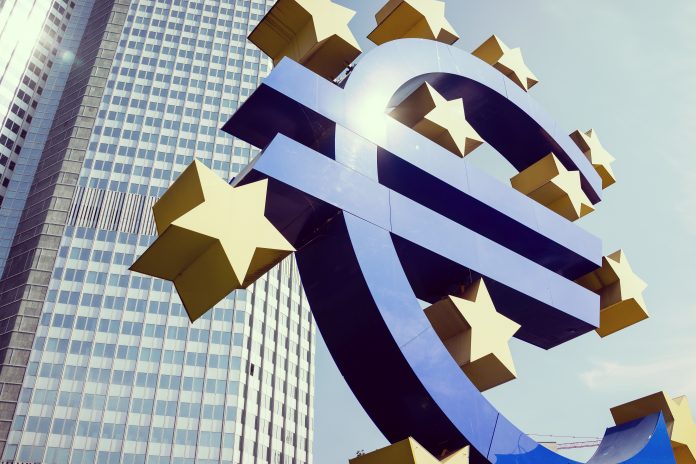A rulebook for all financial actors in the EU
In response to the recent financial crisis, the European Commission pursued a number of initiatives to create a safer financial sector for the single market. These initiatives form a single rulebook for all financial actors in the 27 EU countries. They include
- stronger prudential requirements for banks
- improved protection for depositors
- rules for managing failing banks
This single rulebook is the foundation for the banking union.
Deeper integration of the euro area banking system
As the financial crisis evolved into the euro area debt crisis it became clear that deeper integration of the banking system was needed for the euro area countries, which are particularly interdependent. That’s why, on the basis of the European Commission roadmap for the creation of the banking union, the EU institutions agreed to establish a single supervisory mechanism (SSM) and a single resolution mechanism (SRM) for banks. The banking union applies to countries in the euro area. Non-euro area countries can also join.
As a further step to a fully-fledged banking union the Commission put forward a proposal for a European deposit insurance scheme (EDIS) in November 2015. This would provide stronger and more uniform insurance cover for all retail depositors in the banking union.
Completing the banking union
The first two pillars of the banking union – the SSM and the SRM – are now in place and fully operational. However, a common system for deposit protection has not yet been established and further measures are needed to tackle the remaining risks of the banking sector (in particular, those related to non-performing loans, or the initiatives to help banks diversify their investment in sovereign bonds). In October 2017 the European Commission published a communication urging the European Parliament and the Council to progress quickly in the adoption of these measures and to complete all parts of the banking union’s architecture.
The benefits of the euro
The euro was created because a single currency offers many advantages and benefits over the previous situation where each Member State had its own currency. Not only are fluctuation risks and exchange costs eliminated and the single market strengthened, but the euro also means closer co-operation among Member States for a stable currency and economy to the benefit of us all.
When the EU was founded in 1957, the Member States concentrated on building a ‘common market’ for trade. However, over time it became clear that closer economic and monetary co-operation was needed for the internal market to develop and flourish further, and for the whole European economy to perform better, bringing more jobs and greater prosperity for Europeans. In 1991, the Member States approved the Treaty on European Union (the Maastricht Treaty), deciding that Europe would have a strong and stable currency for the 21st century.
The benefits of the euro are diverse and are felt on different scales, from individuals and businesses to whole economies. They include:
- More choice and stable prices for consumers and citizens
- Greater security and more opportunities for businesses and markets
- Improved economic stability and growth
- More integrated financial markets
- A stronger presence for the EU in the global economy
- A tangible sign of a European identity
Many of these benefits are interconnected. For example, economic stability is good for a Member State’s economy as it allows the government to plan for the future. But economic stability also benefits businesses because it reduces uncertainty and encourages companies to invest. This, in turn, benefits citizens who see more employment and better-quality jobs.
How do these benefits of the euro arise?
The single currency brings new strengths and opportunities arising from the integration and scale of the euro-area economy, making the single market more efficient.
Before the euro, the need to exchange currencies meant extra costs, risks and a lack of transparency in cross-border transactions. With the single currency, doing business in the euro area is more cost-effective and less risky.
Meanwhile, being able to compare prices easily encourages cross-border trade and investment of all types, from individual consumers searching for the lowest cost product, through businesses purchasing the best value service, to large institutional investors who can invest more efficiently throughout the euro area without the risks of fluctuating exchange rates. Within the euro area, there is now one large integrated market using the same currency.
Benefits worldwide
The scale of the single currency and the euro area also brings new opportunities in the global economy. A single currency makes the euro area an attractive region for third countries to do business, thus promoting trade and investment. Prudent economic management makes the euro an attractive reserve currency for third countries, and gives the euro area a more powerful voice in the global economy.
Scale and careful management also bring economic stability to the euro area, making it more resilient to so-called external economic ‘shocks’, i.e. sudden economic changes that may arise outside the euro area and disrupt national economies, such as worldwide oil price rises or turbulence on global currency markets. The size and strength of the euro area make it better able to absorb such external shocks without job losses and lower growth.
Realising the benefits
The euro does not bring economic stability and growth on its own. This is achieved first through the sound management of the euro-area economy under the rules of the Treaty and the Stability and Growth Pact (SGP), a central element of Economic and Monetary Union (EMU). Second, as the key mechanism for enhancing the benefits of the single market, trade policy and political co-operation, the euro is an integral part of the economic, social and political structures of today’s European Union.
https://ec.europa.eu/info/business-economy-euro/euro-area/benefits-euro_en






















